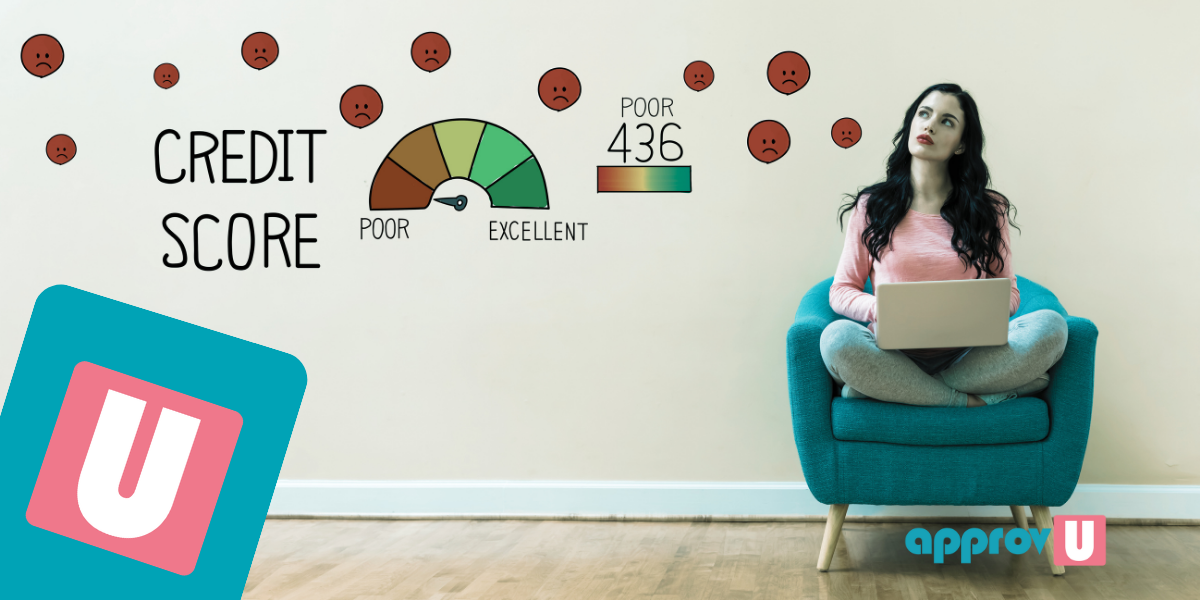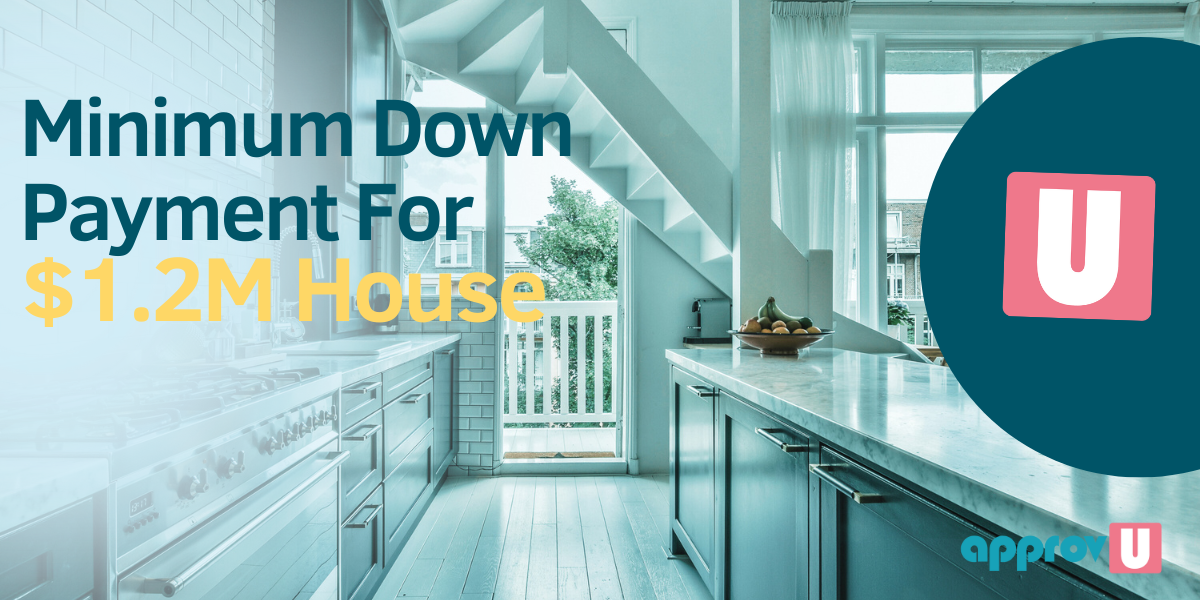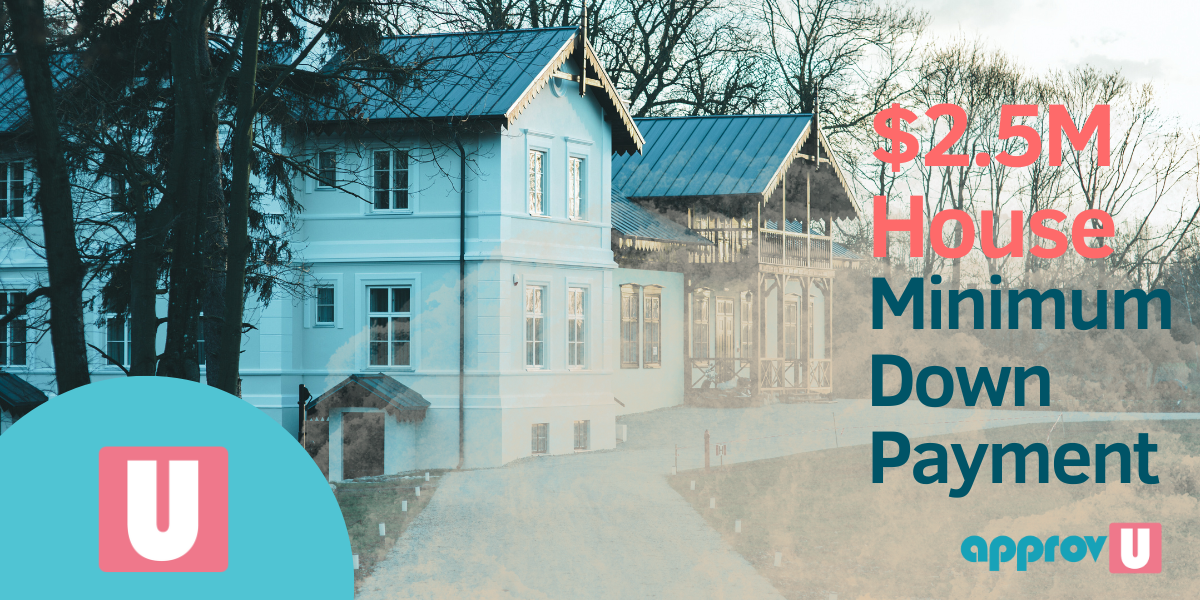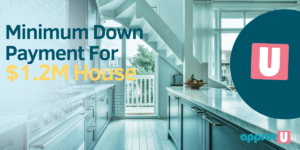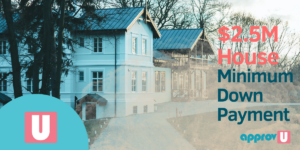Have you ever wondered how much your credit score can impact your ability to get a mortgage?
Well, you’re not alone.
Many of us ask this question, especially when looking to make that big leap into homeownership.
Your credit score, that mysterious three-digit number, plays a significant role in determining whether lenders consider you creditworthy.
Today, we’re going to delve into a specific scenario.
We’ll explore the possibilities of qualifying for a mortgage with a 500 credit score.
You might be thinking,
“500? That’s pretty low, isn’t it?”
Yes, it is on the lower end of the spectrum.
But don’t fret just yet.
This blog post will walk you through what a credit score is, why it matters, and the potential pathways to securing a mortgage, even with a low credit score.
Stick around!
We’re going to navigate this potentially daunting topic together.
We’ll investigate how credit scores work, what lenders typically look for, and the effects of having a 500 credit score.
We’ll also explore strategies you might use to secure a mortgage with this score and provide useful tips on improving it over time.
Ready?
Let’s jump right in!
Understanding Credit Score
Before we dive deep into how a 500 credit score impacts your chances of getting a mortgage, let’s ensure we’re on the same page about what a credit score actually is.
A credit score is a number, usually 300 to 900, that lenders use to evaluate your creditworthiness.
Essentially, it’s like your financial report card.
This score is based on your credit history and helps lenders determine the likelihood of you paying back your loans on time.
High scores are like A’s on your report card, and lower scores… well, they’re not as impressive.
Different factors influence your credit score.
These include
- your payment history (whether you’ve paid your credit cards or loans on time),
- the amount you owe,
- the length of your credit history, new credit applications, and
- the types of credit you have used.
Now, let’s talk about the different ranges of credit scores.
- Scores above 700 are generally very good. They suggest to lenders that you’re a reliable borrower.
- A score between 600 and 699 is considered fair, but it might slightly limit your options.
- If your score is under 600, like the 500 we’re discussing today, lenders might see you as a high-risk borrower.
But here’s the thing: a low credit score doesn’t automatically mean you can’t get a mortgage.
It just means you might need to take a different path.
And that’s what we’re going to explore next.
Remember, understanding your credit score is the first step towards improving it and unlocking more financial opportunities. So, don’t be disheartened by a low score.
Instead, use this knowledge as your motivation to turn things around!
Minimum Credit Score for Mortgage in Canada
So, you might wonder, “What credit score do I need to qualify for a mortgage in Canada?”
Well, it’s not as straightforward as you might think.
There isn’t a ‘one-size-fits-all’ answer because different lenders have different requirements, and various mortgage types come with their own unique stipulations.
Typically, many lenders prefer a credit score of 600 or above for traditional mortgage loans.
This score tells lenders you’ve demonstrated a solid history of timely repaying your debts.
A score of 700 and above?
Even better! It shows lenders you’re not just reliable; you’re rock solid.
But what about a 500 credit score?
Well, you’ve probably already guessed that this score is quite low.
It falls into the category of “poor” credit, which can make getting a mortgage more challenging.
But challenging doesn’t mean impossible.
While traditional lenders might be hesitant, other lending options may remain open.
These include lenders who specialize in high-risk loans.
Plus, factors like a larger down payment or having a co-signer can also influence a lender’s decision.
Impact of Having a 500 Credit Score
At this point, you’ve got a clear picture of a credit score and how it affects your mortgage prospects.
But let’s drill down a bit more and understand specifically how having a 500 credit score can influence your mortgage application process.
- Firstly, a 500 credit score is considered a lower-tier score. This can raise eyebrows among traditional lenders, who may see it as a red flag that you have had trouble repaying debt in the past. As a result, you may need help to secure a mortgage from these lenders.
- Secondly, even if you do qualify for a mortgage with this score, it might come with some less-than-ideal terms. For example, you might be charged a higher interest rate because the lender views you as a higher risk. You could pay significantly more for your home in the long run.
- Thirdly, you may be required to provide a larger down payment. Lenders do this to mitigate the risk they’re taking on. If you can make a substantial down payment, it shows that you have saved money and are committed to investing in the property.
- Lastly, you might have fewer choices when it comes to lenders. Not all lenders are willing to work with borrowers with lower credit scores. This means you may have to dig more to find lenders specializing in higher-risk loans.
Pathways to Qualify for a Mortgage with a 500 Credit Score
Okay, so your credit score isn’t perfect. You’re in the 500 Club, worried this might throw a wrench into your mortgage dreams.
But don’t throw in the towel just yet!
There are still some avenues you can explore.
- Seeking Out Specialized Lenders: Traditional banks might be cautious with a score like 500, but there are lenders out there who work specifically with borrowers in your situation. These so-called ‘subprime’ lenders, or ‘B-lenders,’ specialize in higher-risk loans. They understand that not all low scores mean irresponsible borrowers. However, remember that this route might come with higher interest rates due to the perceived risk.
- Securing a Co-Signer: If you have a trusted friend or family member with a good credit score, they can co-sign your mortgage. This means they agree to take on the responsibility of your loan if you’re unable to make the payments. Remember, this is a big ask with risks, so consider this option carefully.
- Making a Larger Down Payment: If you’re able to save and put down a larger down payment, you’re showing lenders that you’re serious about homeownership. This could make you seem less risky, even with your lower credit score.
Steps to Improve Credit Score
Now, let’s talk about the future.
Your credit score may be 500 today, but it doesn’t have to stay that way forever.
Improving your credit score can open up more mortgage options and better interest rates.
Here are some actionable steps you can take:
- Stay On Top of Payments: The biggest factor affecting your credit score is your payment history. If you can, always pay your bills on time. If you’re struggling with payments, consider contacting creditors to discuss options.
- Pay Down Outstanding Debts: If you have a lot of debts, especially credit card debt, it’s time to start chipping it away. The lower your outstanding balances, the better your credit score.
- Keep Old Credit Accounts Open: Length of credit history plays a role in your score. Even if you no longer use a credit card, keep the account open (as long as there’s no annual fee) to demonstrate a longer credit history.
- Limit New Credit Applications: Each time you apply for a new credit, it results in a hard inquiry on your credit report, which can lower your score. Only apply for new credit when absolutely necessary.
- Maintain a Mix of Credit Types: Different types of credit (credit cards, car loans, student loans, etc.) can positively impact your score, as it shows you can handle various types of debt responsibly.
Case Study
Sometimes, hearing about real-life experiences can put things into perspective.
Let’s look at a story from someone in your shoes – a hopeful homebuyer with a 500 credit score.
Meet Alice, a single mother who dreams of owning a home for herself and her son.
However, after a few financial mishaps and a period of unemployment, her credit score dipped to 500.
Alice was initially disheartened, thinking homeownership was out of her reach.
But instead of giving up, she began researching her options.
Alice reached out to approvU, where she got paired with one of our Mortgage Experts.
They discussed her financial situation in detail, focusing on her credit score and employment history, income, and overall debt.
She also started working on improving her credit score.
She paid her bills on time, worked overtime to pay down her credit card debt, and kept her oldest credit accounts open to maintain her credit history.
To strengthen her mortgage application, Alice saved diligently and accumulated a larger down payment.
She also sought the help of her brother, who agreed to co-sign the mortgage.
Alice’s story had a happy ending.
She was approved for a mortgage through a lender who worked with high-risk loans.
Yes, her interest rate was higher than average, but Alice saw it as a starting point.
She continued working on her credit score, and after a few years, she was able to refinance her mortgage to get a lower rate.
Alice’s story shows that getting a mortgage with a 500 credit score isn’t easy, but it’s certainly possible with determination and the right approach.
Keep in mind that everyone’s situation is different, so what worked for Alice might only work for some.
But keep hope – like Alice, you can find a pathway to homeownership, too!
Conclusion
And there you have it!
A deep dive into the world of mortgages, credit scores, and, most importantly, the possibilities even when your credit score is 500.
Remember, your credit score is just a snapshot of your financial situation at a specific point in time.
It’s not an unchangeable number etched in stone.
Nor is it a comprehensive reflection of your potential to be a responsible homeowner.
It’s simply one piece of the larger financial picture that lenders look at when you apply for a mortgage.
Yes, a 500 credit score can make the mortgage process more challenging.
But as we’ve explored today, there are still pathways you can take to reach your homeownership dreams.
It may involve working with specialized lenders, using a co-signer, or putting down a larger down payment.
And in the meantime, you can take steps to improve your credit score and widen your options for the future.
Next Steps and Resources
Before we part ways, let’s talk about what you can do next.
Your journey to homeownership might seem a little daunting right now, but remember, every journey begins with a single step.
Here’s where you can start:
- Check Your Credit Score: The first step is to know your exact credit score and understand the factors affecting it. You can request a free credit report from Equifax and TransUnion. You can also access your credit record using platforms like Borrowell and Credit Karma.
- Create a Financial Plan: Based on your current credit score, income, and debts, create a realistic plan. This may involve budgeting, paying off existing debts, and starting to save for a larger down payment.
- Contact approvU: You’ll be paired with one of the Mortgage Experts to help you understand the mortgage process and explore different lenders willing to work with your current credit score.
- Start Improving Your Credit Score: Implement the steps we discussed earlier. Remember, this isn’t a quick fix, but every little bit helps.
As for resources, here are some you might find helpful:
- The Financial Consumer Agency of Canada (FCAC): They offer a wealth of information about understanding and improving credit scores.
- The Canada Mortgage and Housing Corporation (CMHC): This government entity provides useful resources for potential homeowners, including those with lower credit scores.
- Credit Counselling Services: Non-profit credit counselling organizations can provide personalized advice and help you manage your debt.
Remember, information is power.
Equip yourself with the right knowledge, and take one step at a time towards your dream of homeownership.
You’ve got this, and we’re rooting for you!


